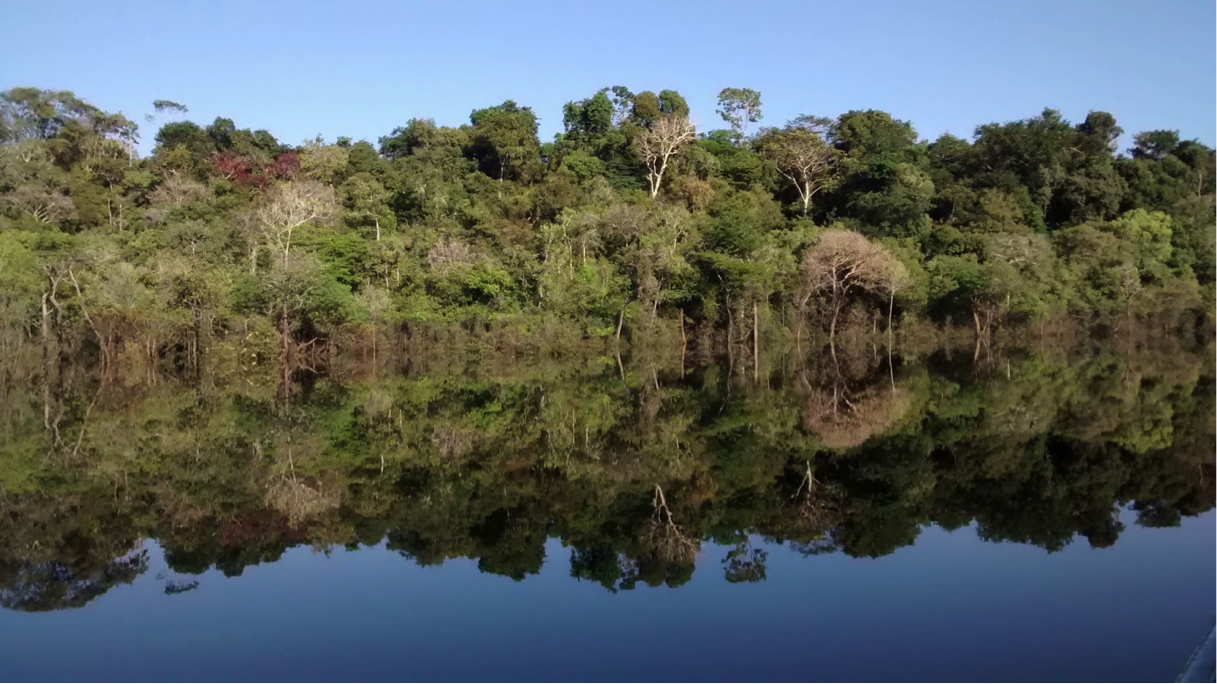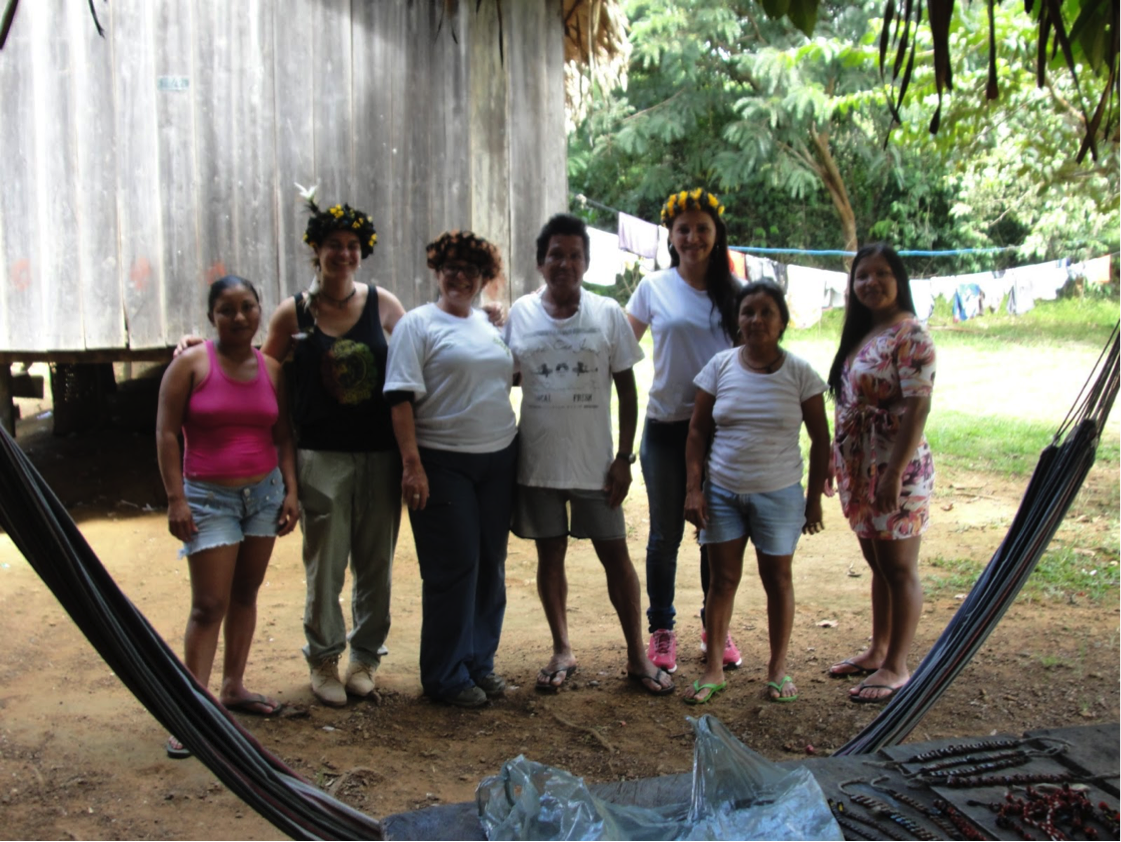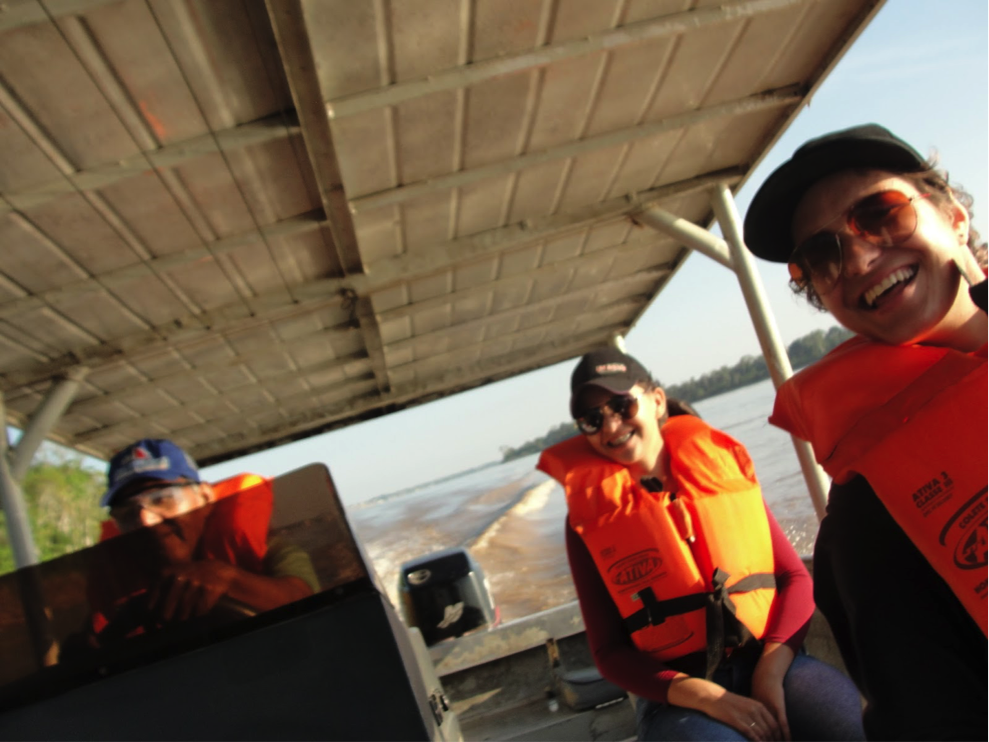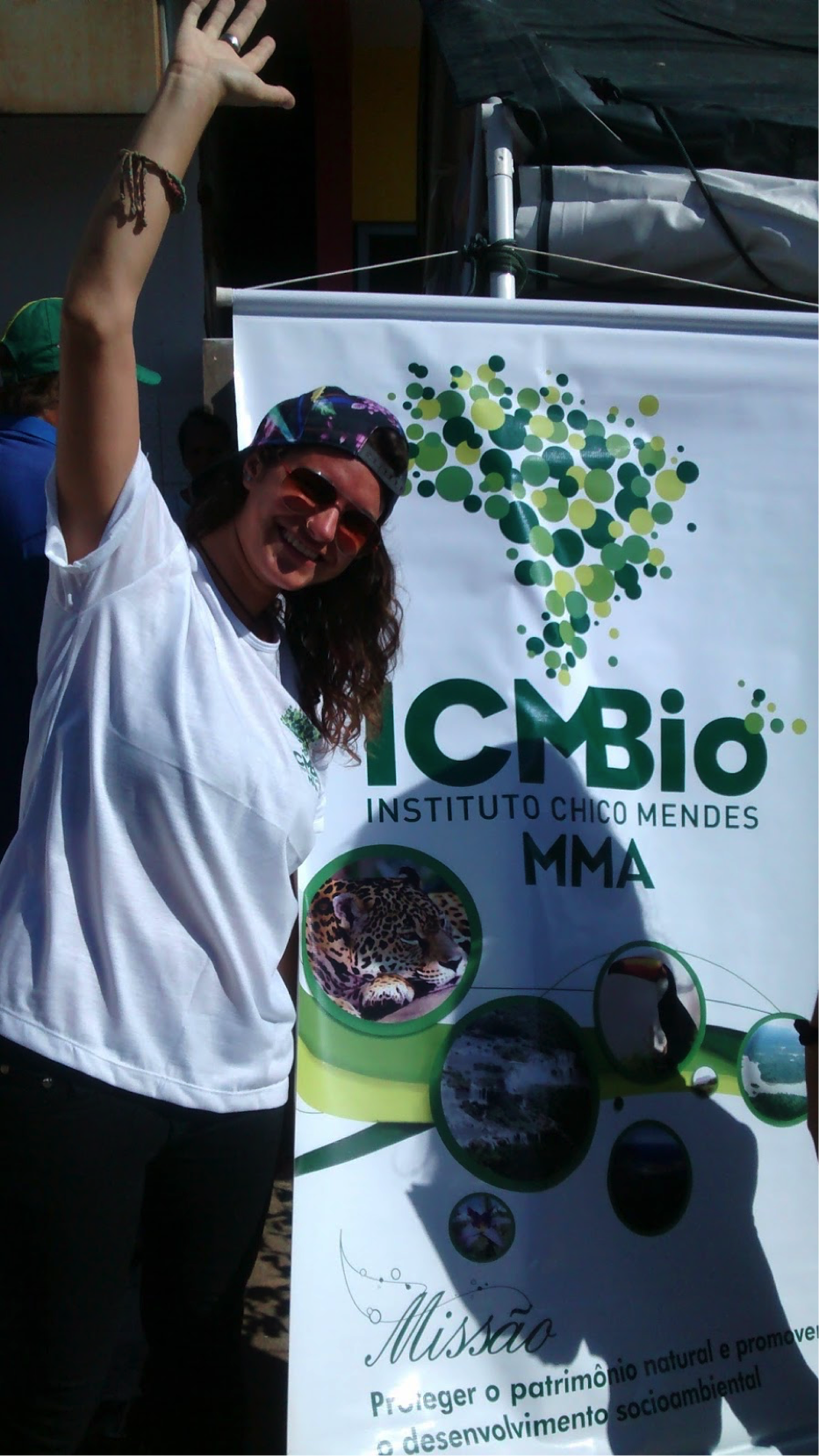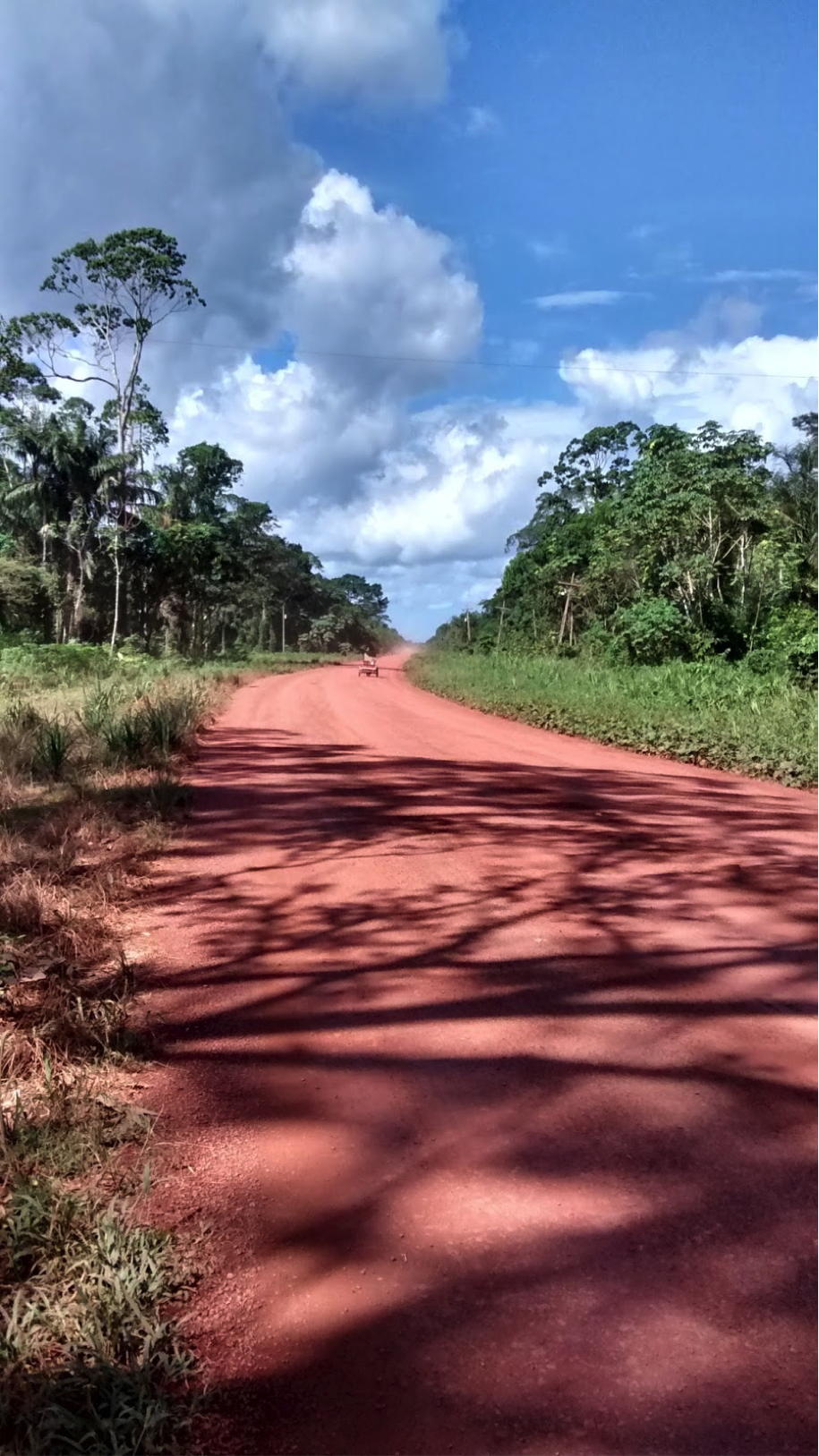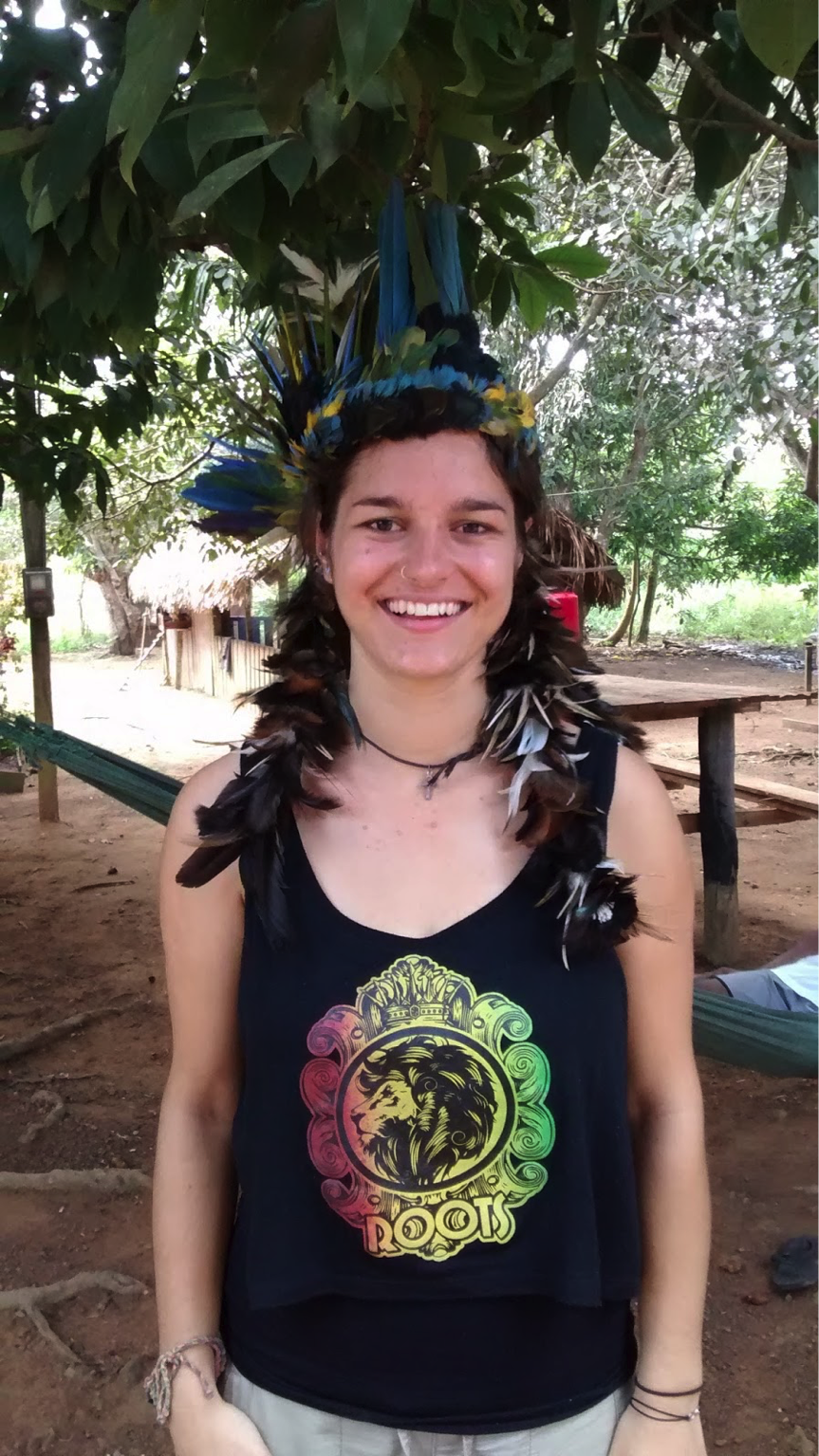I interned with the Chico Mendes Institute for Biodiversity Conservation (ICMBio), under the manager of the National Forest of Humaitá, in Amazonas, Brazil. My work fell under the areas of territorial consolidation and socioenvironmental management. I was helping to prepare and conduct one of the bi-annual meetings for the consultative council, which is a council made up of community leaders, NGOs, and IGOs, and which participate in managing the National Forest. The meetings are part of the process of implementing a management plan for the National Forest, which is the final stage in becoming an official conservation unit under federal law.
I also analysed technical documents related to the management of this particular conservation unit, such as the physical environmental diagnostics of the area, the Management Plan for the Indigenous Territory of the Jiahui people and correspondence between the Jiahui Indigenous people and ICMBio, and then went on to write a report based on these analyses.
My internship exposed me to a wealth of different perspectives on natural resource management and conservation systems, and provided me with an intense on-the-ground understanding of the immensity, complexity, and ambition of these projects in the Amazon, that I could never gain from merely researching the literature or reading a textbook.
I travelled a lot during my internship- by boat through the maze of river tributaries to visit the river communities residing in the National Forest, I travelled down the infamous Trans-Amazonian highway to a town called Santo Antonio de Matupi, where the harsh reality of cattle ranching and deforestation was the foundation upon which this community was built, and I visited some of the local Indigenous villages along the highway, and gained insight on the social and political movements taking place in these small communities.
I was able to appreciate that I was in the heart of our world’s ecosystem, and that efforts such as the ones being made in this area by the local riverside communities, NGOs, and government to really work together to maintain this ecosystem, are efforts that would have global repercussions.
What was most striking to me about the whole experience, was the level of community involvement in the process of establishing and implementing the management plan, how the manager of the unit was making sure that all stakeholders understood the concepts, laws, and regulations at each step of the process. Each community and organization was invited and encouraged to have a voice. It was a very collaborative process.
The most important lesson I learned in the Amazon was that natural resource management is personal, that the stories of the people, the families, and the communities involved are a necessary, if not fundamental aspect of successful resource management and sustainable development.
My internship exposed me to a world that I would otherwise not have known to exist, and allowed me to bridge previous coursework and theory with experience for a much richer, understanding of natural resource management, conservation, and sustainable development practices.
